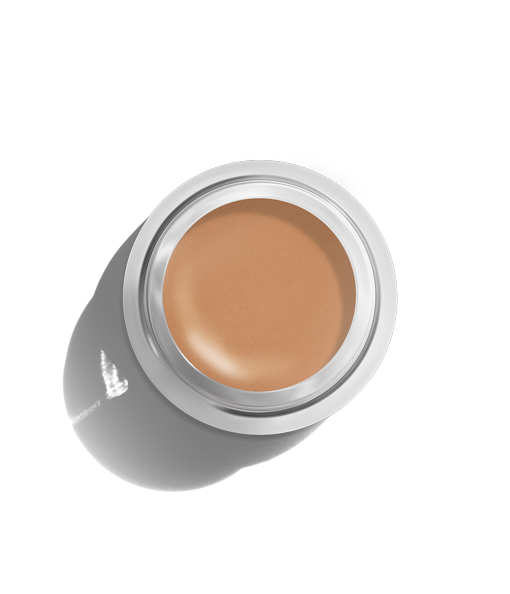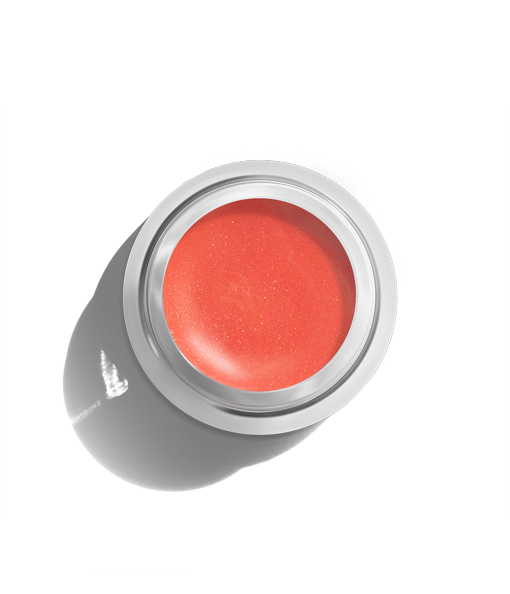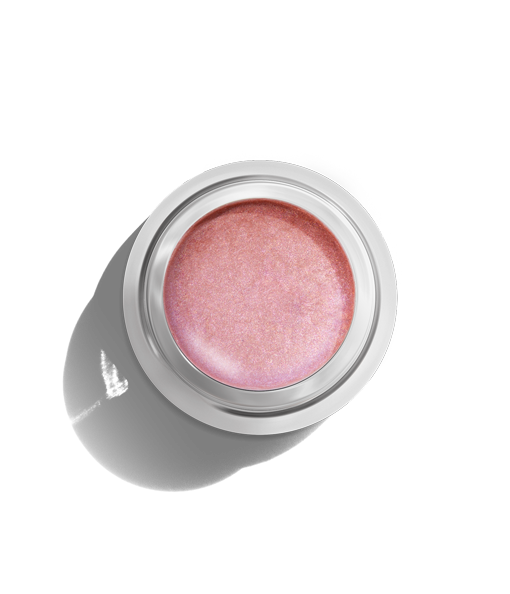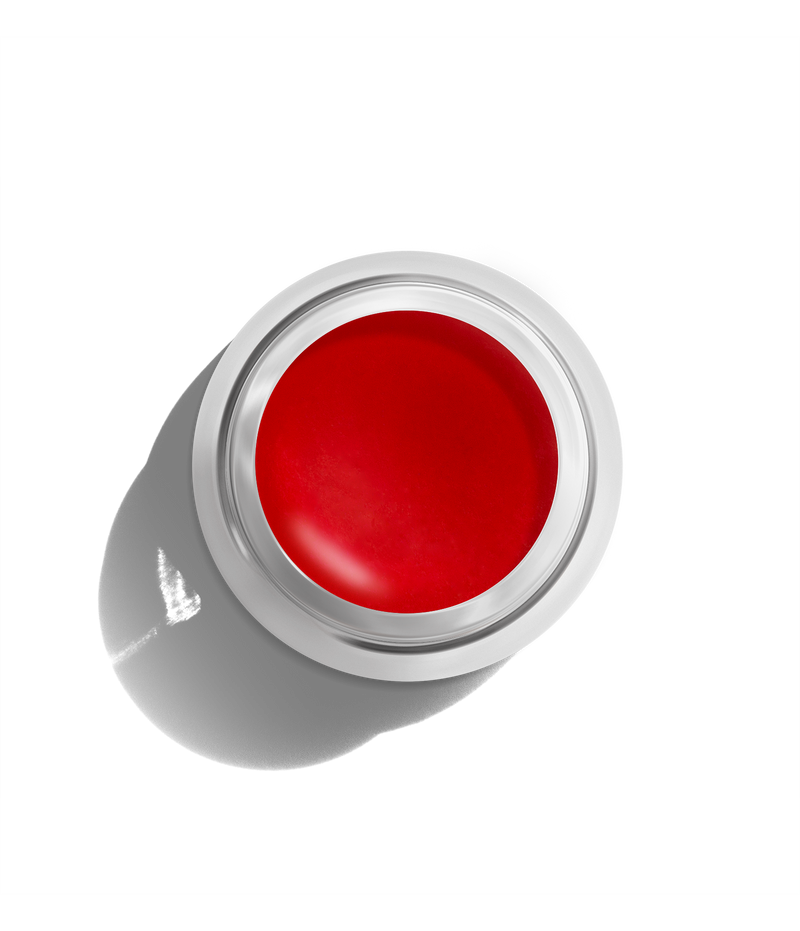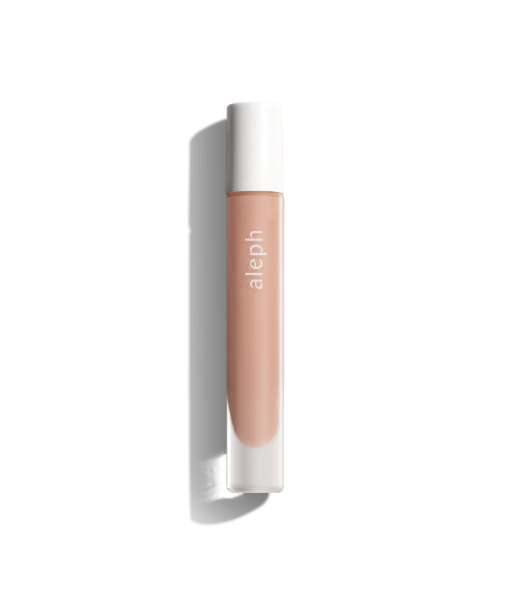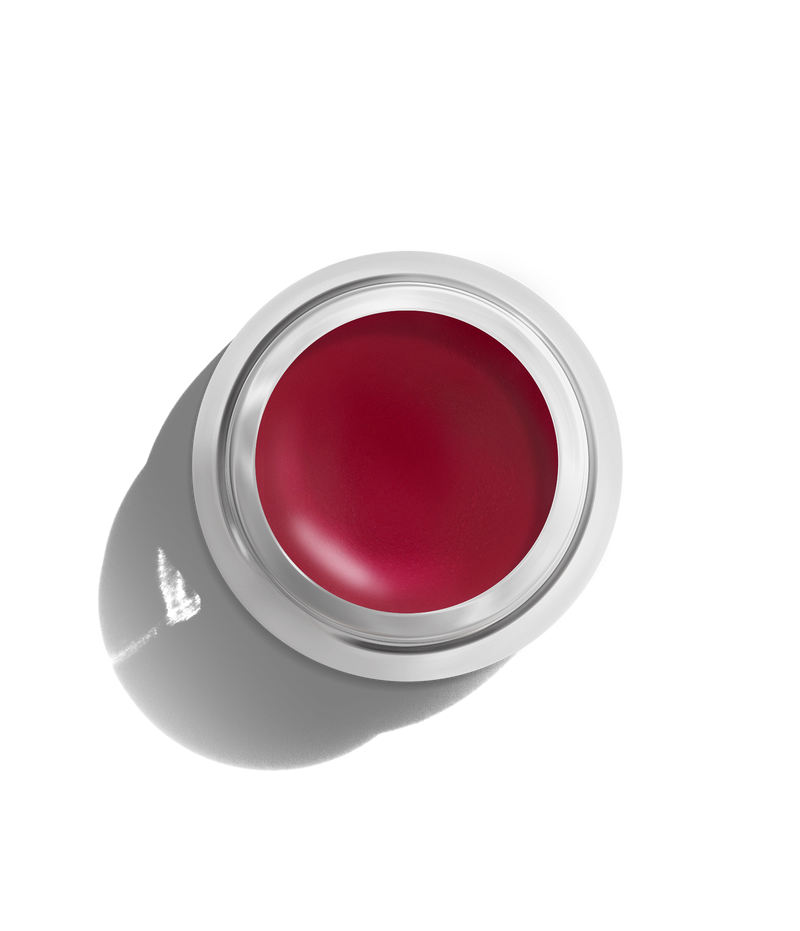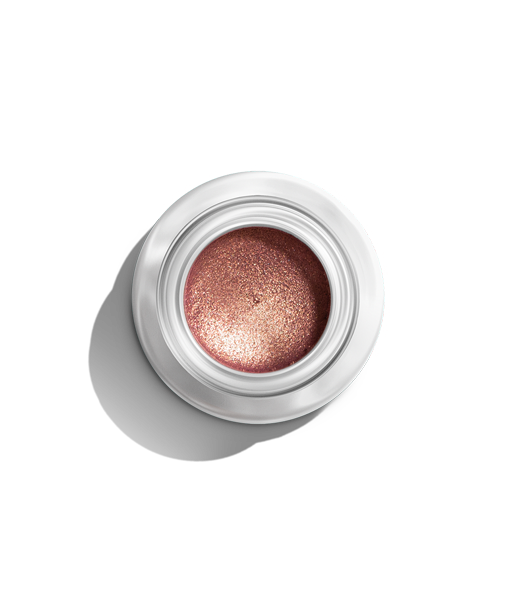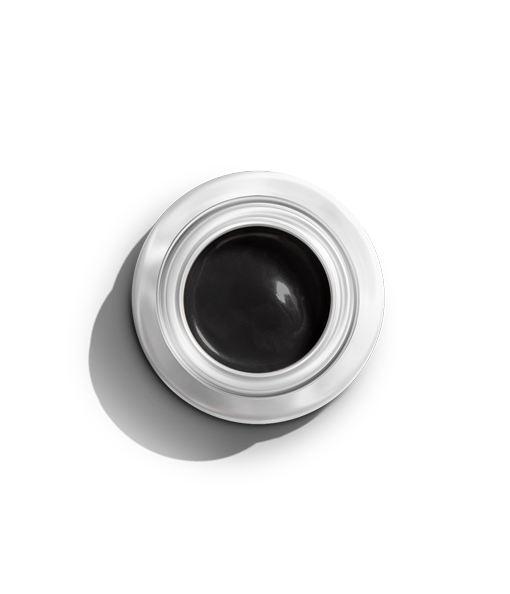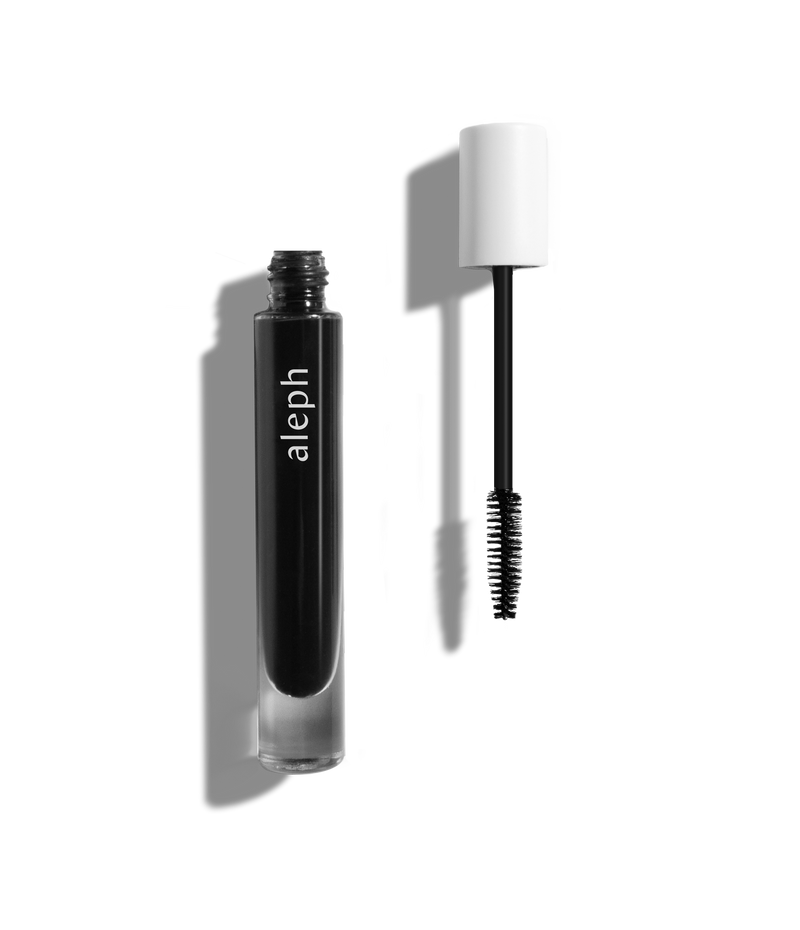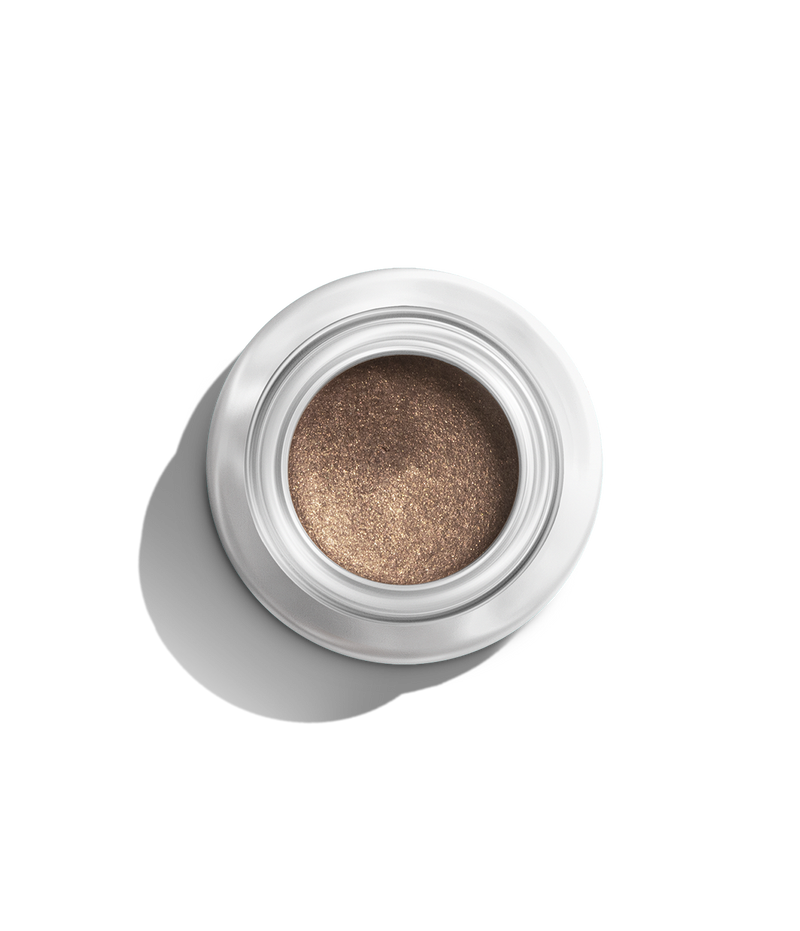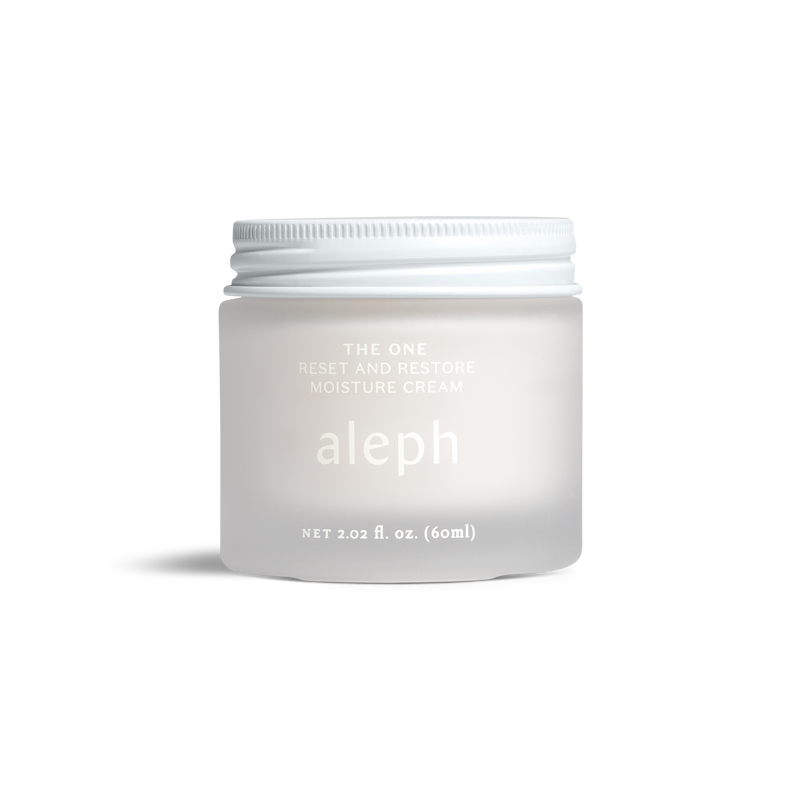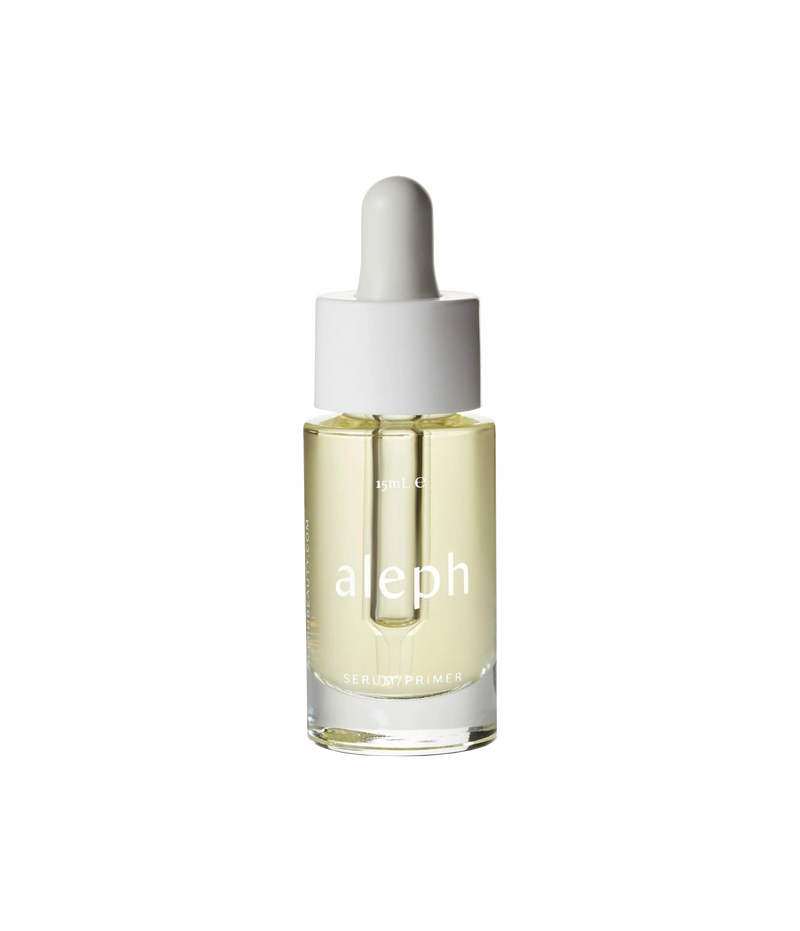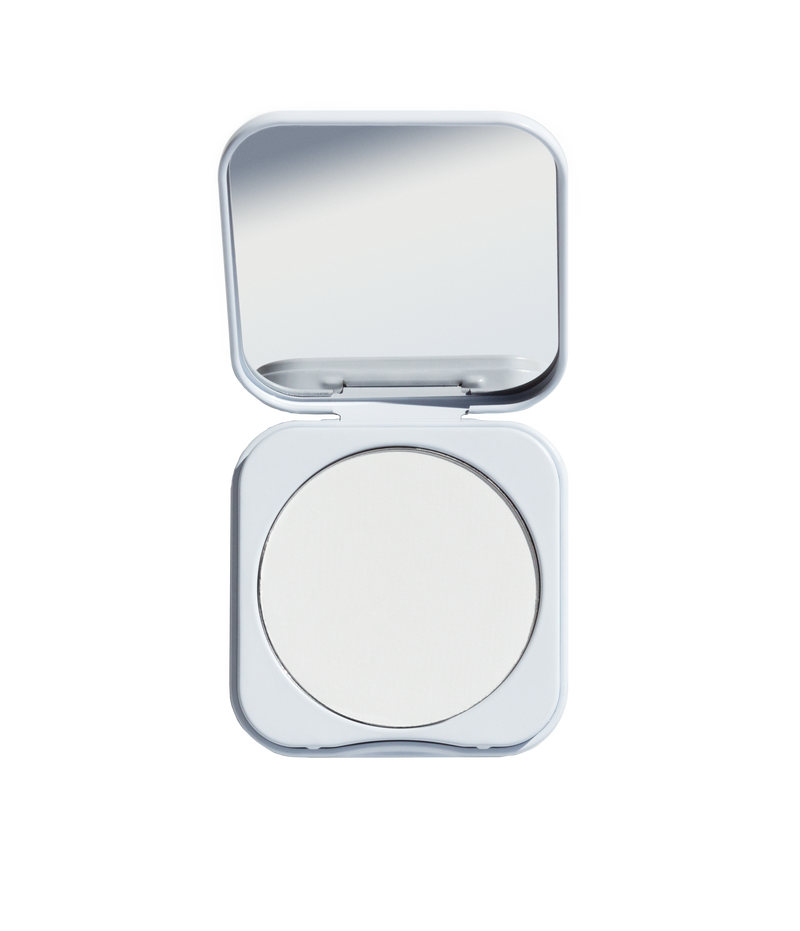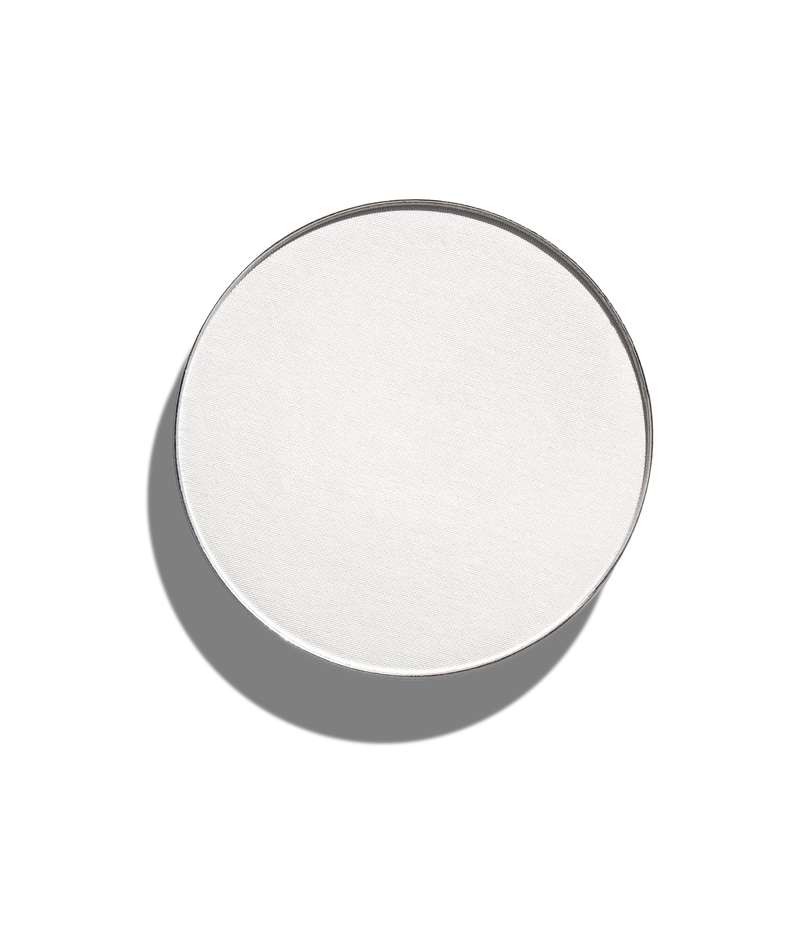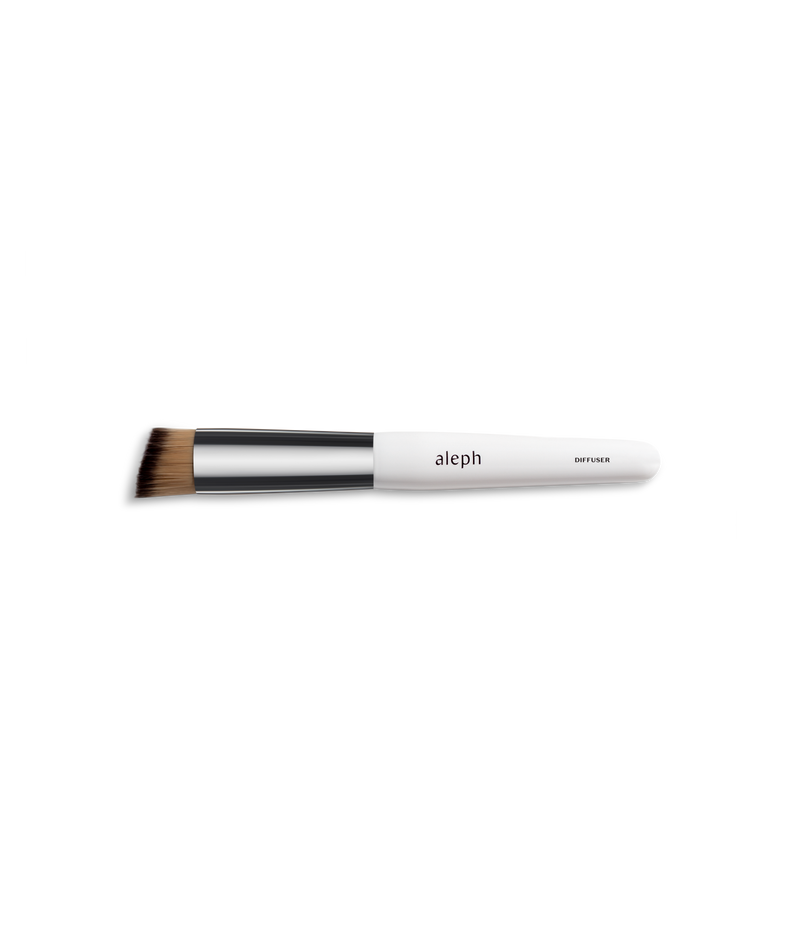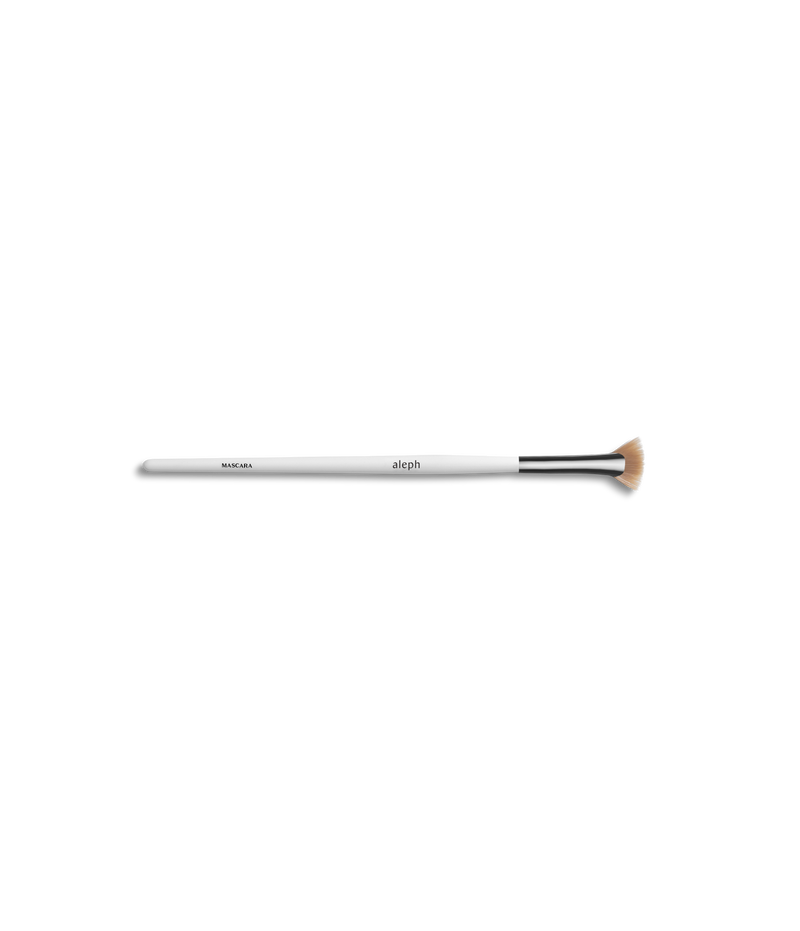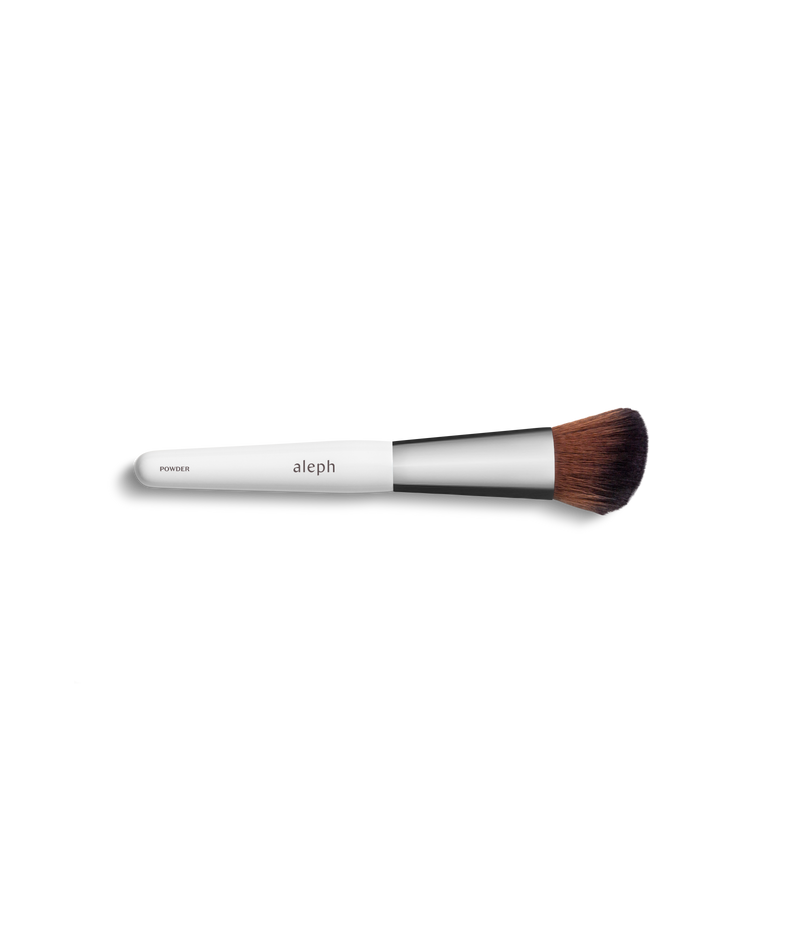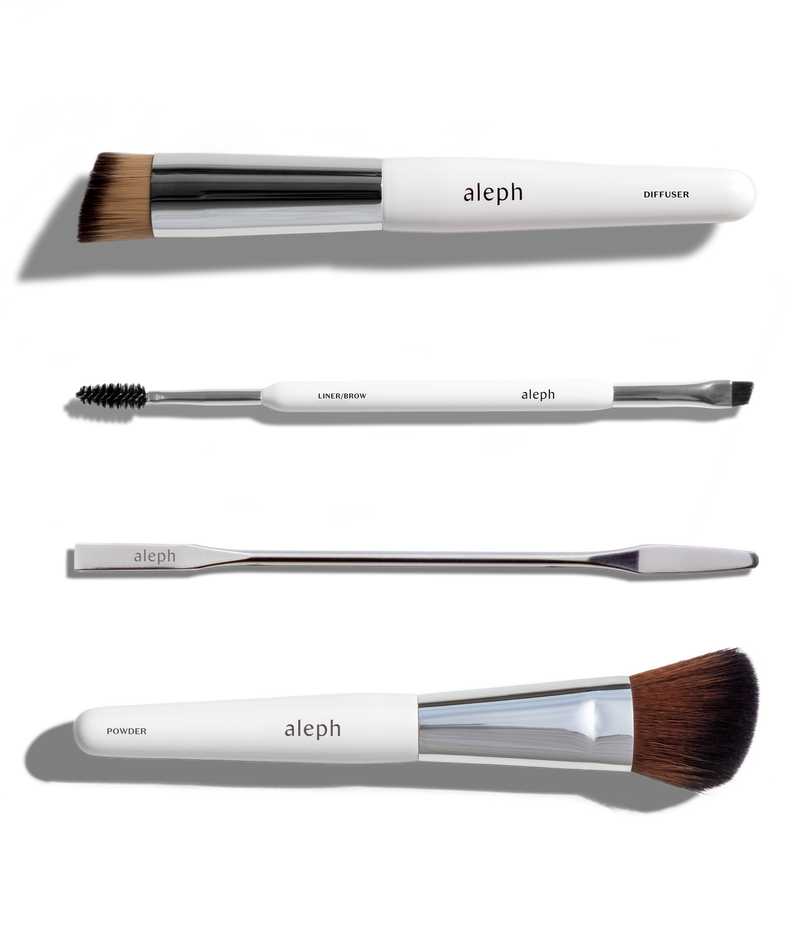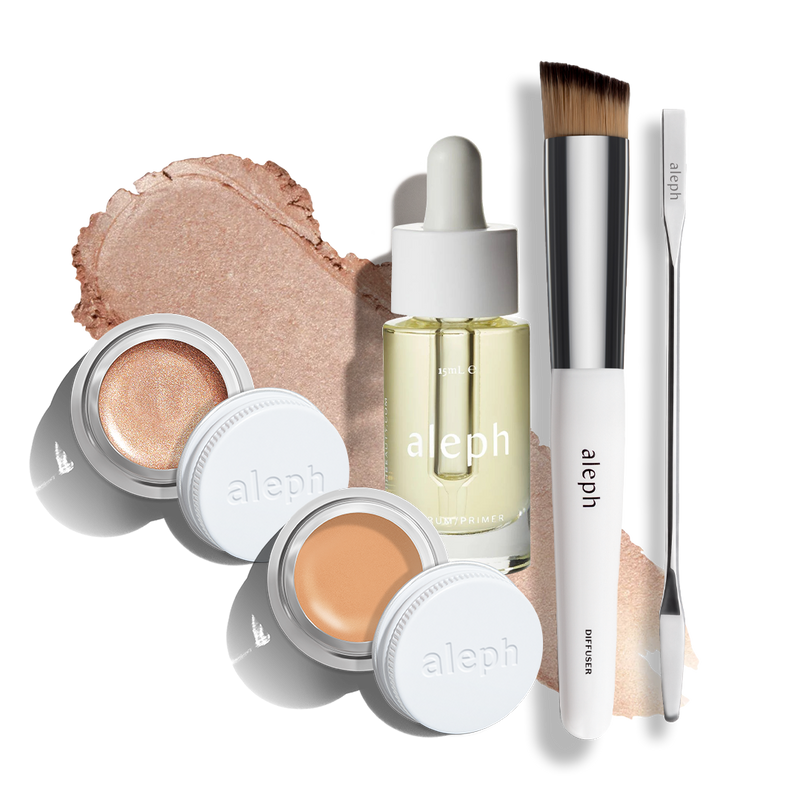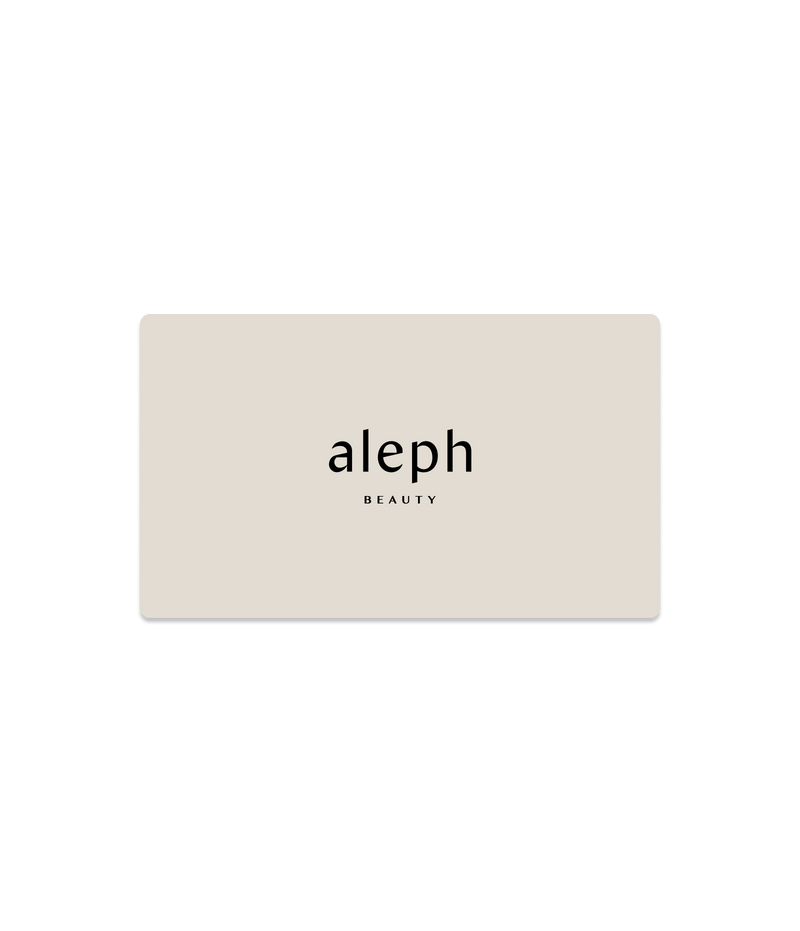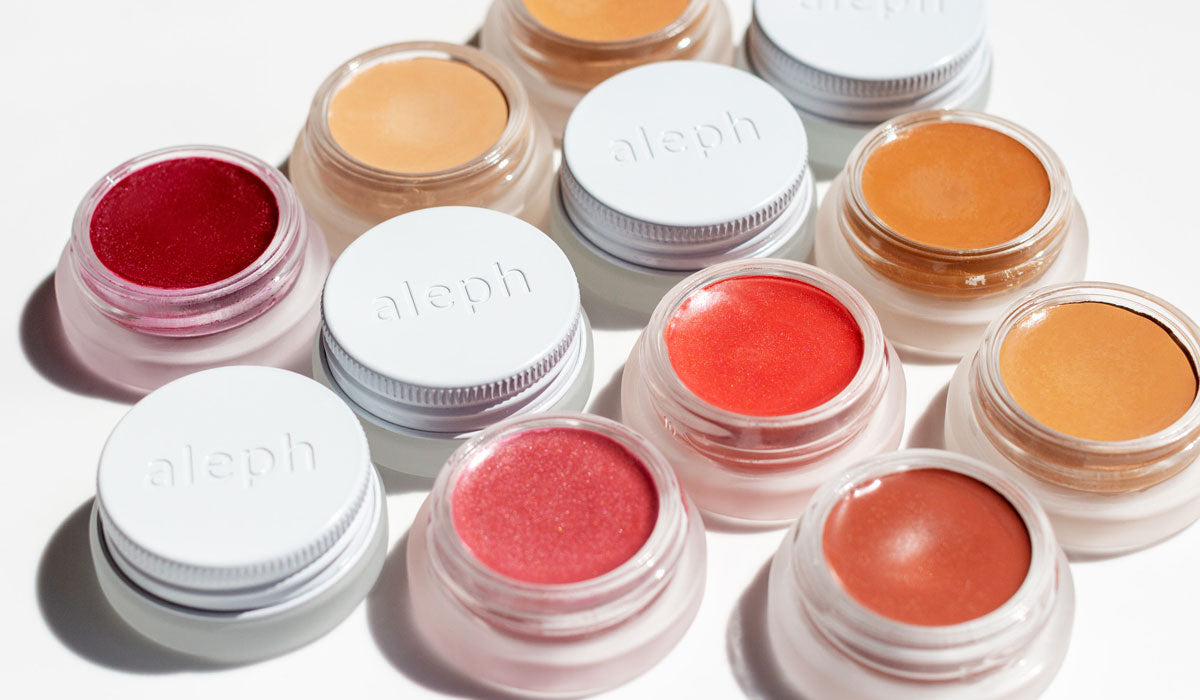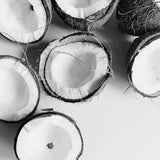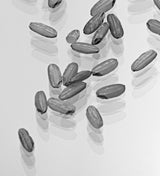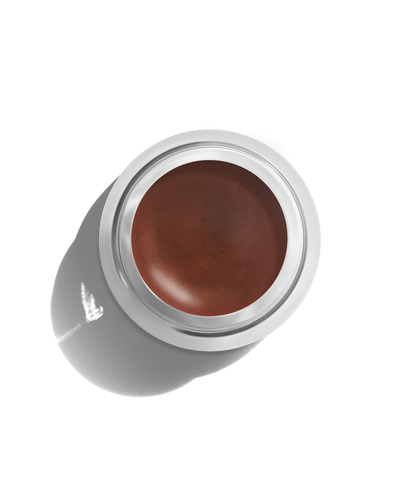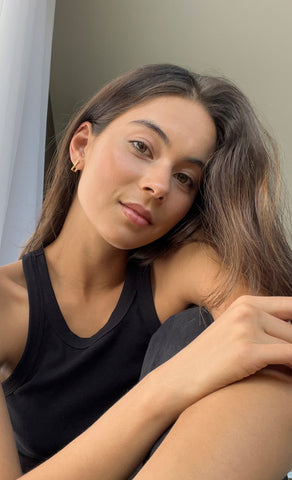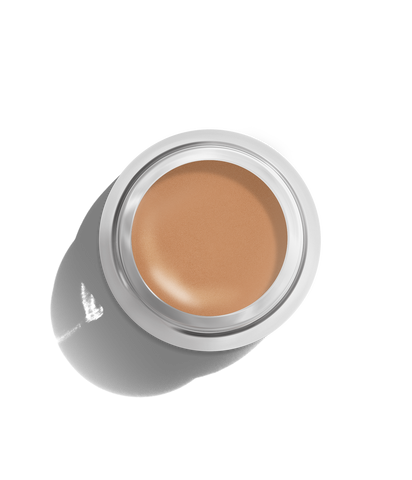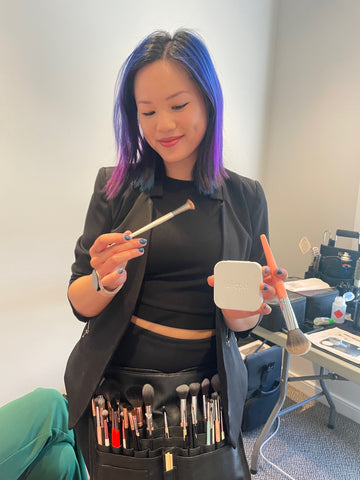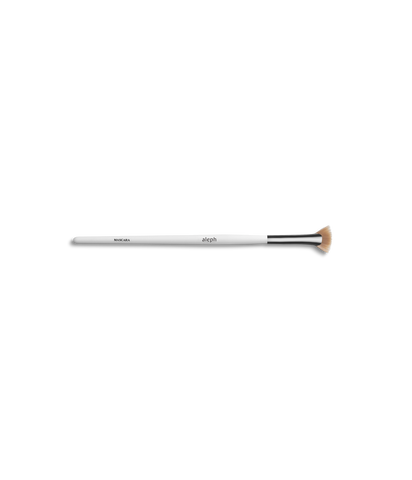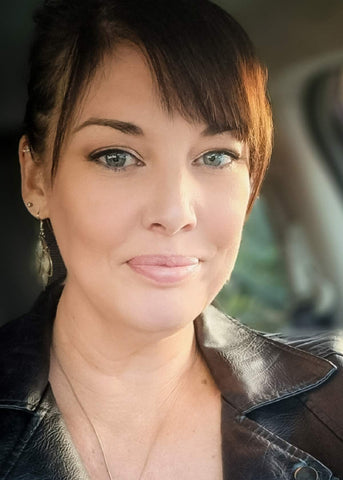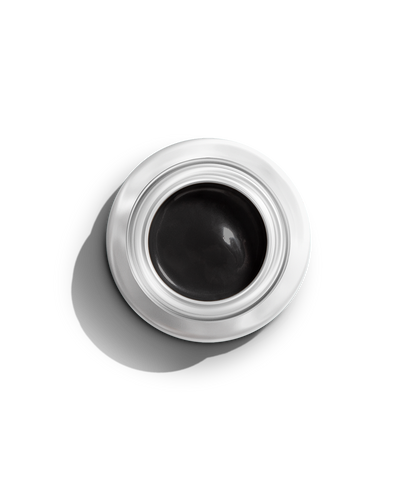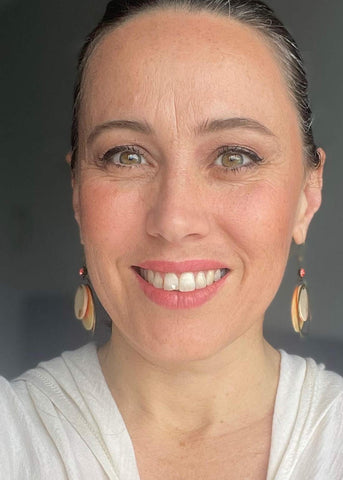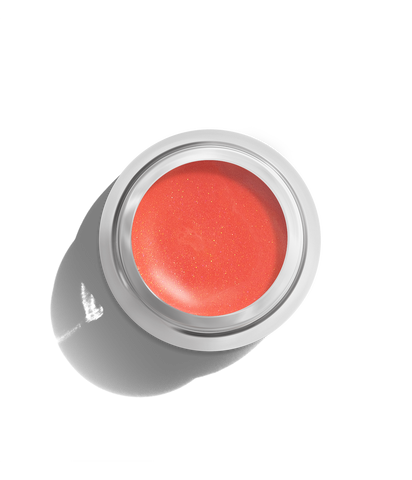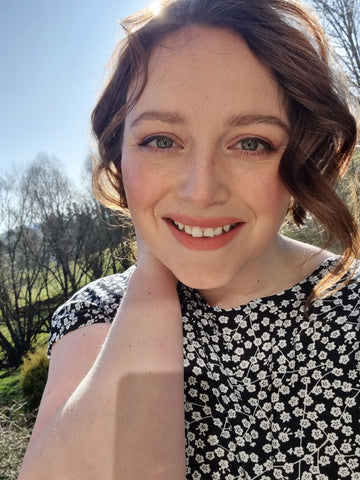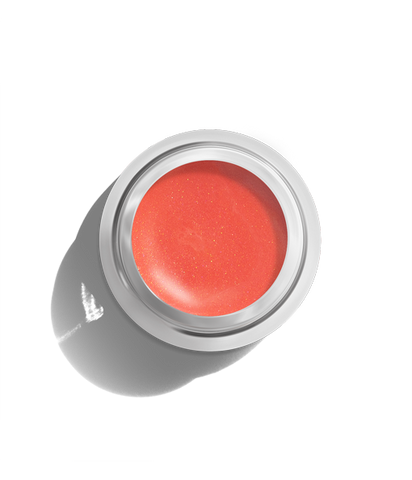Aleph founder Emma Peters lives and breathes sustainability and wellness. From building garden boxes to eliminating microplastics in beauty products, it’s all about making choices that work towards a better lifestyle without destroying the planet. Here’s Emma’s take on how to navigate sustainability in our modern world.
What first sparked your interest in choosing a sustainable lifestyle?
Well, I don’t think it was a singular choice actually. For me, sustainability was one part in a series of shifts to live a healthier life.
When I first started practicing yoga, I found myself questioning the world on a grander scale. This was way before you could find a yoga studio on every street corner, and back then, it totally reframed the way I understood health and wellness. I started to pay more attention to how I was living, what things I was facing and interacting with everyday – and that led me to look closely at nutrition and my relationship with nature.
Sustainability, for me, began when I realised how cyclical these elements of our lives are – your food, your body, and your natural environment. It’s not possible to be living a healthy life if you’re surrounded by an unhealthy environment. So I thought: how can I do this better? How can I make healthier choices for me and the planet?

What were your first steps when you came to that realisation?
Initially I was really focused on nutrition. I started doing research and experimenting a lot with different diets: raw food, gluten free, vegetarian, vegan, you name it. I found the Weston A Price Foundation, which really changed my thinking about eating. Price was a dentist and an anthropologist around the late 1800s, and he traveled all around the world examining different diets. He noticed that the western diet - full of sugar and processed food - was causing horrific health problems.
So I started sourcing non-processed and organic foods. I looked into fermentation, making my own kombucha long before it was popular – along with sauerkraut, bone broth and my own kefir yogurt. It was about getting back to traditional ways of eating. It still is for me, especially now that I have kids.
Now, it’s less about diet and more about where does this food come from? Is it local, is it sustainable, and ethically sourced? If it’s harming the earth, it’s probably going to harm us too.

What other aspects of sustainability do you practice?
I’ve rented many houses in my life, and in every one of them I’ve built up a garden. We put in boxes and compost. It’s something I just love; wherever we are, I have to do it.
But in terms of overall lifestyle, my “practice” really ebbs and flows. For example, I’m really selective about what clothes I’ll buy, but I don’t confuse my preferences for hard and fast rules. Today, I might decide I’m only willing to buy organic cotton, but maybe that will change a year from now. There might be a better product available by then, or I may decide I’m willing to invest in a durable synthetic material made from recycled fibres. My choices aren’t always the same, because sustainability, like everything else in my life, is constantly evolving.
Situations change. We all change. Just because something is a good choice today doesn’t mean it’s the only choice I’ll ever make. I don’t believe in permanence, in limiting yourself, like that.
What about bigger projects?
With big picture projects, for me, it’s about making lots of small choices, and also singling out what’s really important to you, what’s realistic. We just built our house and, along the way, made as many sustainable choices as possible.
We put a concrete floor in our living room, with big windows to capture thermal mass. We positioned the house to maximise sunlight. Then there were choices like our carpet; I didn’t want plastic fibres in our house, so I chose a wool option. It goes back to my idea of having luxury without harm; we wanted something that worked for us, but wasn’t going to be horrible for the planet.
It’s the same with Aleph. We choose glass over plastic, and natural ingredients over synthetic ones. They’re small choices that contribute to something bigger. It’s taking one step at a time towards sustainability, without sacrificing your ultimate goal – whether that’s a comfortable house or quality makeup.

What tips do you have for someone who’s looking for ways to shift their lifestyle?
First, it’s important to look at the end of life for products. When you buy a new piece of furniture or a hat or a kid’s lunch box – is this something you can recycle? Will you use it forever? Or is it going to end up in the trash in two years?
It’s about reframing your everyday choices. Like the clothes you buy – it’s not just sourcing the best-made items, from natural materials (though that’s good). It’s also about developing a style that’s classic, choosing pieces that last forever. You can still enjoy quality items that speak to you, and lower your overall consumption.
I think the other thing to consider is food – what you’re eating and where it came from. I come back to it all the time, but it’s so important. It can be an overwhelming amount of research, but an easy way to start is the Environmental Working Group’s ‘clean fifteen’ versus the ‘dirty dozen’. Try to shop from local vendors and have a go at growing your own vegetables if you have the space.
How do you maintain changes?
You can’t change everything overnight. It’s so easy to paint yourself into an impossible corner, when suddenly you feel like you can’t eat anything, you can’t do anything, you can’t have fun because every choice is a bad one. But that kind of thinking isn’t productive.
Focus on manageable, simple changes that help improve your lifestyle. That’s why I think it makes sense to start with food and beauty products – things that immediately influence your health.
It’s normal to change your mind, or to slowly shift to new practices. It’s OK if you can’t recycle every soft plastic, or you mostly buy organic. There’s no rules, and there shouldn’t be any judgment, because we all have different priorities and different information.
If ‘living sustainability’ becomes this big chore, then it’s never going to be sustainable for you and your family.

So how does this fit in with Aleph?
After my time teaching yoga and working as a makeup artist, I was exploring my “why” in life. I started to hone in on the fact that I have always wanted to help people choose better.
I was sick of seeing beauty products marketed as “sustainable” that actually weren’t when you looked deeper. These items didn’t consider their product end of life, they were nearly impossible to recycle, and you couldn’t use every bit of the product. I wanted to develop quality choices for beauty that weren’t going to create more waste in the industry.
It occurred to me way back that there has to be a way that we can experience luxury without destroying the planet. Aleph was born from this idea that products can improve our lives, and do it without horrible chemicals or microplastics and material waste.
Like with anything though, change depends on continuous learning, riding those ebbs and flows in life. You have to choose your battles and champion growth where you can. That’s really what a sustainable lifestyle is – making better choices, one product at a time.
We’re here to help! If you have any questions after reading this article, please contact us.

 BACK
BACK